Education
A Digital Oasis: 3 Things You Didn’t Know About Usenet
Published
2 years agoon
By
techonpc
A Digital Oasis: 3 Things You Didn’t Know About Usenet
When most users access the internet, they load up their favorite browser (such as Safari or Chrome) and connect to their Internet service provider’s (ISPs) limited server, enduring targeted ads and having their data collected by various companies without their knowledge or consent. With the extent of these practices revealed every so often due to the actions of a hacker or a massive data leak, most users who access the World Wide Web are aware that their information is no longer secure and their service can freely be tinkered with, especially with the rollback of net neutrality laws.
The knowledge of the omnipresence of these practices can lead to a certain kind of nihilism, a belief that this is how things are and that they won’t change with any amount of effort on our parts: a kind of resignation, allowing corporations to collect and pool your data unsupervised. Or worse, investing hundreds of dollars into preventative, protective measures like a virtual private network (VPN), knowing full well that while these solutions help, they’re more band-aids than outright cures for what ails the net.
You can continue to accept that this is the state of the World Wide Web and make allowances for network monitoring, or you can switch to an entirely different network, one that is free from the kind of shenanigans plaguing the web. Here are some things you need to know about one of the best alternatives to the World Wide Web, Usenet.
1. Usenet Predates the Web
Usenet actually predates the World Wide Web by about 10 years, being conceived in 1979 and executed in 1980. Usenet was actually devised by three college students attending Duke University and UNC-Chapel Hill as a way to share information between the schools, initially linking only three computers between the two schools. Information was spread on this network through UNIX-to-UNIX copy protocol (or UUCP) between the two schools, and as Usenet grew in popularity, other protocols were designed specifically to facilitate communication on the platform. Before the development of the World Wide Web, Usenet was and still is a popular network available, connecting with other fledgling network frameworks to make it easier to communicate with others and share information.
The great news is that Usenet still exists, and with a thriving community that considers it an oasis from the more corporately-controlled web, it’s the net’s best-kept secret.
2. A Huge Database of User Curated Content
Usenet is basically comprised of thousands upon thousands of user-created and maintained message boards called newsgroups, through which users can communicate with one another and share content they’ve created. As such, while Usenet used to be a text-only program, Usenet has developed since the ’90s to allow for the inclusion and distribution of unique, user-owned binary audio and visual content.
Since newsgroups are entirely user-created and moderated (with as much or as little moderation as desired), this allows users to quickly and efficiently share information with one another, building a robust and collaborative community centered around their interests. This effect is compounded by the natural bent of Usenet: as it was initially built on sharing information quickly, Usenet allows for unrestricted access and download speeds, making free and open collaboration between users safe and easy.
Usenet was a precursor to several of the file sharing platforms that came after it. In fact, great platforms like The Pirate Bay drew heavily from the strong community nature of Usenet. You will find that the community is vibrant, dynamic and works towards creating and curating content that users can use and benefit from with regards to their requirements. This is a great and positive step that can help in satisfying someone’s needs for entertainment or software tools.
3. It’s Still Around, Albeit Quietly
The reason why you probably haven’t heard of Usenet is that it’s an entirely different network than the web, and so it requires a different type of browser called a newsreader. That, and if corporations were aware that Usenet is home to thriving communities of would-be consumers, they would probably make more of an effort to insert themselves into that space. As such, Usenet users are typically quiet about the existence of the network, preferring that that space be kept the serene, incursion-free oasis that it is.
However, once you download a newsreader platform and learn how to navigate Usenet’s forums, you’ll be more than set to join this unique community.
Get Started Reading News Today
By taking the time to learn how Usenet works, you will soon find that you can carve out your own private space on the net, free from third-party incursion, where you can collaboratively create a community based on your interests.
Follow Me

Unleashing the Power of the Office Accelerator: Maximizing Productivity and Efficiency in the Workplace with Office 365 Accelerator

Unlocking the Hidden Potential of Your Website: Strategies for Growth

From AI to VR: How Cutting-Edge Tech Is Reshaping Personal Injury Law in Chicago
Trending
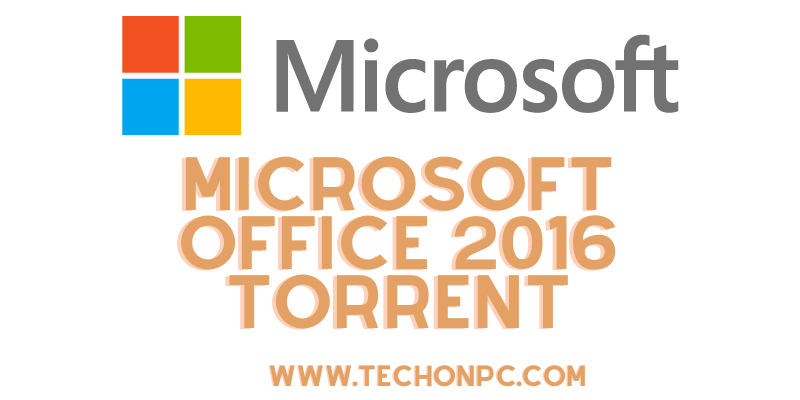
 Microsoft4 years ago
Microsoft4 years agoMicrosoft Office 2016 Torrent With Product Keys (Free Download)

 Torrent4 years ago
Torrent4 years agoLes 15 Meilleurs Sites De Téléchargement Direct De Films 2020

 Money4 years ago
Money4 years ago25 Ways To Make Money Online
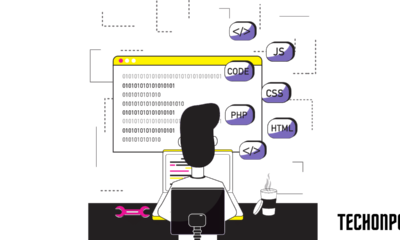
 Torrent4 years ago
Torrent4 years agoFL Studio 12 Crack Télécharger la version complète fissurée 2020

 Education3 years ago
Education3 years agoSignificado Dos Emojis Usado no WhatsApp
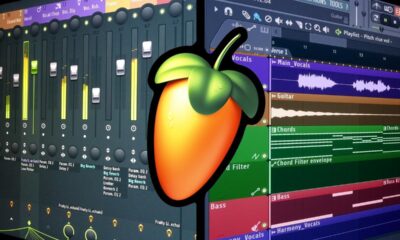
 Technology4 years ago
Technology4 years agoAvantages d’acheter FL Studio 12
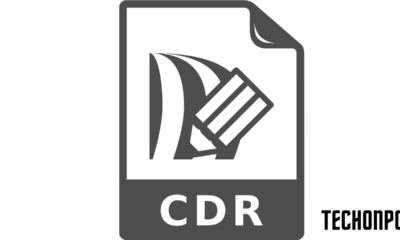
 Technology4 years ago
Technology4 years agoDESKRIPSI DAN MANFAAT KURSUS PELATIHAN COREL DRAW
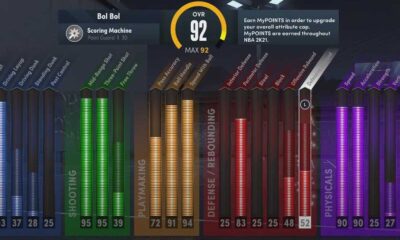
 Education3 years ago
Education3 years agoBest Steph Curry NBA 2K21 Build – How To Make Attribute, Badges and Animation On Steph Curry Build 2K21

You must be logged in to post a comment Login